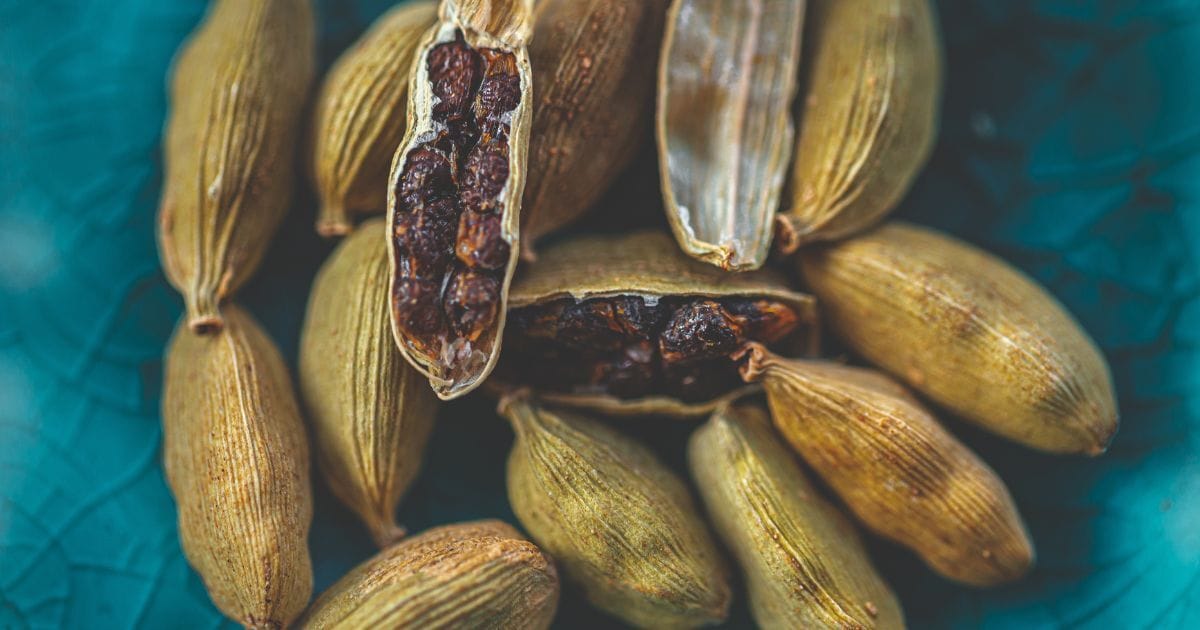A staple in kitchens around the world, cardamom may have benefits that go far beyond flavor. Scientists in Japan have found that extracts from the spice’s seeds can boost the production of antiviral molecules in human cells, a discovery that could help inform future approaches to food-based immune support.
The study, published in Foods by researchers at Shinshu University, tested extracts from cardamom seeds (Elettaria cardamomum) and their main bioactive compound, 1,8-cineole, on human lung cells grown in the lab. Both were found to enhance the production of type I interferons, proteins that help the body mount an early defense against viral infections.
“We have been researching food ingredients that can prevent viral infections in our daily life since before the emergence of the novel coronavirus,” said senior researcher Dr. Takeshi Kawahara. “The pandemic has increased society's focus on the antiviral properties of food, which has led to more opportunities for us to engage in this research.”
Cardamom’s effects appeared to stem from its ability to activate natural “nucleic acid sensors” inside cells, the same sensors that detect viral material and trigger an immune response. When those sensors were activated, cells produced more interferons, the molecules that signal nearby cells to prepare for viral attack.
Previous research by the same team showed that cardamom seed extract could help protect cells from influenza virus infection. Together, the findings suggest that certain plant compounds may help the immune system recognize and respond to viral threats more efficiently.
Dr. Kawahara said the team hopes the results “create an opportunity to focus attention on a wider range of food ingredients that can help prevent viral infections in daily life.”
Still, the researchers cautioned that their experiments were limited to cell cultures, not people. More studies, including human trials, are needed to understand whether eating or drinking cardamom has any practical antiviral benefits.
The study was funded by Shinshu University and S&B Foods Inc., a company that supported the project’s administration.
